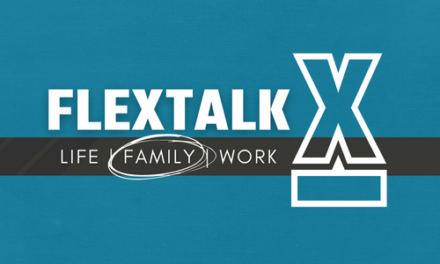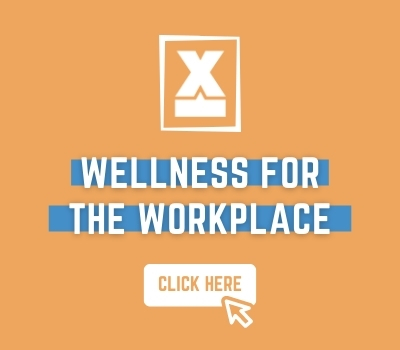This topic is adapted from the HLN YouTube channel.
Suze Orman explains how simple changes to your finances can make a big difference, without sticking to a budget.
Video Highlights:
- Suze begins the interview with unexpected financial advice: Don’t make a budget. She compares budgets to diets, saying that the only work temporarily and when you slip up you end up in a worse situation than before you started. Having a healthy financial situation is not about restriction, it is about having control over your finances.
- Suze explains that one of the biggest problems people have is a lack of knowledge about their money. Not knowing how much money is brought in and how much is spent makes it hard for a person or family to know what to change. How can you figure out where you want to be if you don’t know where you are?
- The next step to improving finances according to Suze is to make little changes. Adjusting spending habits in small ways is a way to spend less without that feeling of restriction that can lead to a backslide.
- The small changes Suze suggests making lead into the discussion of wants versus needs. To make changes to spending, a reevaluation of things that are considered necessities is essential. Something that you were sure you “needed” may reveal itself to be a bit of a luxury when looked at through this lens. While we may be good at fooling ourselves into things a want is really a need, ultimately we are only hurting ourselves in the end.
- The interviewer turns Suze’s focus from the discussion of needs and wants to a breakdown of which needs are ultimately more important. This is where Suze describes how dangerous student debt can be. As something that is not dischargeable in bankruptcy, student debt will only continue to increase if left unpaid. This is an example of something that is a definite need; it is vital to pay off student debt, it is not vital to to go on a vacation. Suze even says that if you have to choose between saving and paying off debt, certain types of debt payment, such as student loans, are more important.
- The conversation is wrapped up by the interviewer asking Suze her definition of “Making it in America.” Suze’s answer really focuses on a mental state more than an amount in the bank. She explains that living free of immediate financial worry and appreciating the things we have is what she considers as the definition of “making it.”
It is easy to let money run our lives. But Suze reminds us to not live in a world of restriction, but of awareness and satisfaction. How we look at our situation can have a significant impact on the decisions we make and how we decide to use our money.
Written content for this topic by Andi Dolinsky-Webb.
Discussion Questions:
- Watch the video together or invite someone to summarize the topic.
- What is your initial reaction to this video? Do you disagree with any of it? What jumped out at you?
- Suze gives a couple of necessities versus needs. What are some necessities in your life that you sometimes confuse for needs?
- What are some small things that you can change or cut out of your expenses? How do you think they will affect your everyday life?
- Have you ever struggled to stick to a strict budget? If so, what was that experience like?
- Suze’s definition of “Making it in America” focuses on how we think of our money and possessions. How do you think mindset and finances impact each other?
- Write a personal action step based on this conversation.



